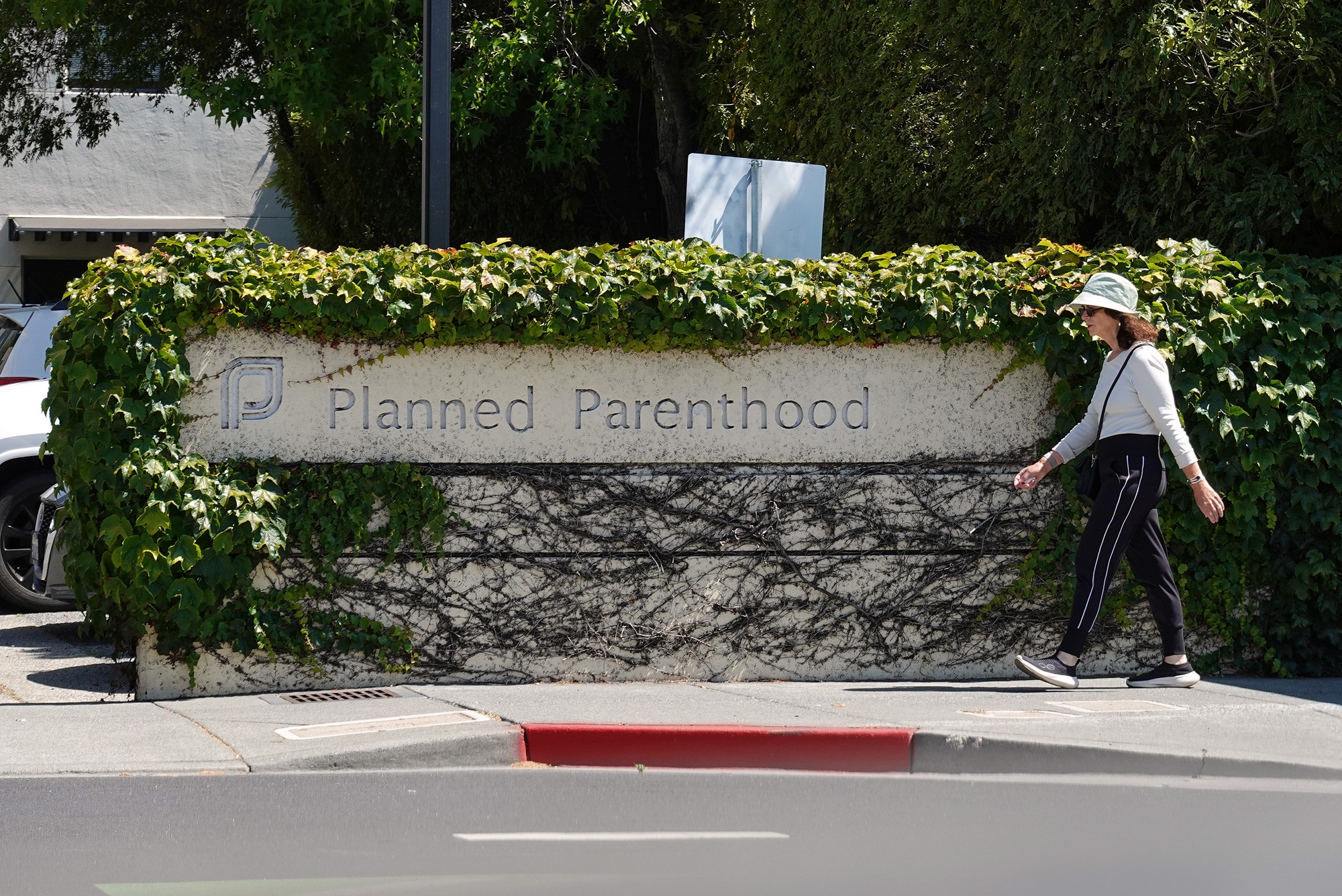Hospitals, nursing homes and other health care providers that serve this population will be paid significantly less, which could result in fewer services or closures.
Who gets hit hardest?
- Undocumented immigrants, recently covered under California’s Medi-Cal expansion.
- Rural communities, where over half of residents rely on Medi-Cal and many hospitals are already on the brink of closure.
- New mothers and children — about half of all births in California are covered by Medi-Cal.
- Street-level care providers, such as mobile mental health teams and clinics serving unhoused people, are often entirely funded by Medi-Cal.
One cautionary tale: Madera Community Hospital in the Central Valley closed in 2023 due to financial strain — an omen of what could unfold statewide.
Why it’s worse in California
California has led liberal states in the country with its progressive approach to health care — but also vulnerable to federal cuts. Programs like on-site pregnancy care in homeless encampments, antipsychotic medication distribution and mobile crisis teams are now in jeopardy.
The state was scaling back its own expansions — such as Medi-Cal for all undocumented immigrants — back due to its own budget pressures. Now, with the federal pullback, even more cuts are likely. Programs once considered national models are quietly being dismantled.
What about the work requirements?
On paper, requiring Medicaid recipients to work may sound reasonable. But critics of the program have argued that in practice, these policies have been more destructive than motivational.
A 2018 Arkansas pilot program pushed 18,000 people off their Medicaid coverage — even though many of them were already employed, but workers struggled to keep up on paperwork requirements. Experts warn similar bureaucratic hurdles will repeat in California.
Nationally, more than 60% of adult Medicaid recipients work. Caregiving responsibilities, disabilities and housing instability make compliance difficult for some people.
What happens to Planned Parenthood?
The bill prohibits federal Medicaid funds from going to clinics that provide abortion care, which targets Planned Parenthood.
According to the Guttmacher Institute, a research and policy organization focused on sexual and reproductive health and rights, up to one-third of its clinics could be forced to close.
 A Planned Parenthood health center on June 26, 2025, in San Rafael, California. (Justin Sullivan/Getty Images)
A Planned Parenthood health center on June 26, 2025, in San Rafael, California. (Justin Sullivan/Getty Images)
That would affect services far beyond abortion — including STI testing, Pap smears, cancer screenings and birth control access.
In early July, a federal judge — Indira Talwani — issued a temporary restraining order, halting the defunding provision for 14 days, preserving Medicaid funding while the lawsuit proceeds.
Could it be reversed?
Not easily. While some provisions won’t take full effect until 2026, reversing them would require a change in presidential administration, a Democratic congressional majority and political will to unwind Trump’s signature legislation.
Keep in mind: The 2017 Trump tax cuts — once controversial — were extended in this bill, not repealed.
Will this hurt Republicans?
All nine California House Republicans voted for the bill. Yet many of their districts have high Medi-Cal enrollment and poor health access.
Democrats and health advocacy groups like Protect Our Care are already running attack ads in some/all of these areas. Still, with tax breaks kicking in immediately — and health care cuts rolling out later — the GOP is betting that voters feel gains before the pain.
















